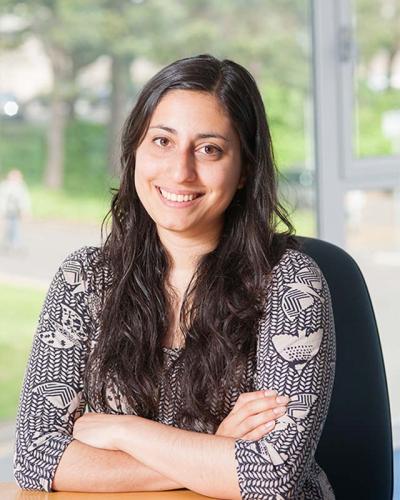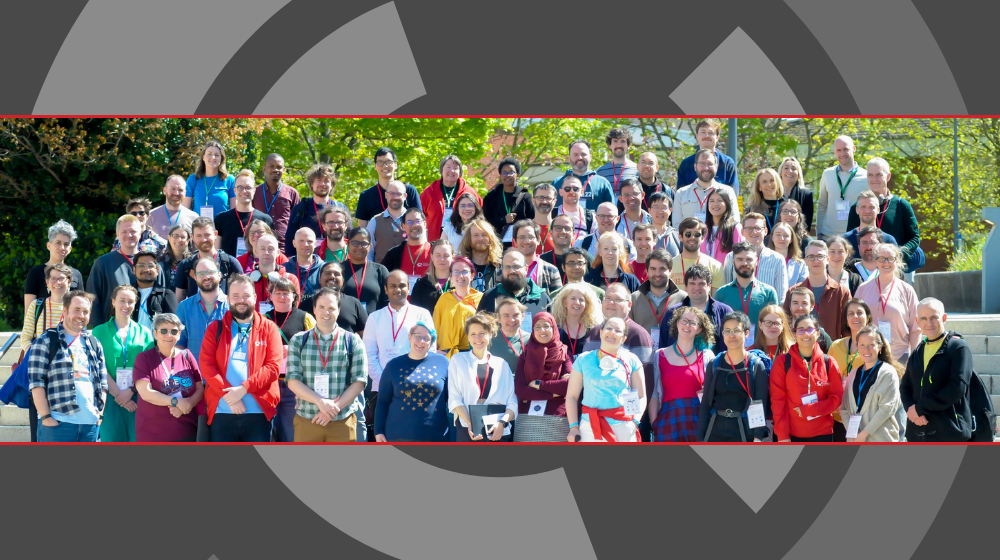The Software Sustainability Institute (SSI) has been awarded a record £10.2 million funding for a new project phase from 2024-2028 to continue its vital work as the first organisation in the world dedicated to improving software in research.
This project has received funding through the UKRI Digital Research Infrastructure Programme. The Arts and Humanities Research Council (AHRC) leads the funding for the fourth phase of the SSI.
Arts and Humanities Research Council executive chair Christopher Smith said:
“Software plays a fundamental role in all disciplines of research. That’s why it’s so important that we invest in supporting the development of research software that is top quality, meets the needs of our research communities, is environmentally sustainable and is ready for the future. “This record £10.2 million investment is part of the UKRI Digital Research Infrastructure programme’s ongoing investment in evolving existing capability and supporting new infrastructure. It reflects the SSI’s strong track record and the importance of its work for the future of research. I am delighted that AHRC will be hosting this investment for all UKRI communities for the next four years.” |
Transforming research software
This marks the fourth time the SSI has been entrusted with public funding to carry out its mission of transforming research culture by establishing the principle that reliable, reproducible, and reusable software is necessary across all research disciplines.
It achieves this by working with, and investing in, individuals and organisations from across the sector. The SSI’s “collaborate, not compete” ethos has allowed research software to move towards becoming a first class citizen in the research landscape.
“Every modern societal advance is driven by research which relies on software. From weather forecasting to whether we can build new narratives for the next decade, it’s important that we provide equitable access to the digital tools and skills enabling this. This grant - which will see the SSI into its 18th year - enables us to work with the research community to build capability and expertise, ensuring a sustainable future for research software.” — Neil Chue Hong, SSI Director |
SSI-4 focus
The SSI was founded in 2010 as the first organisation in the world dedicated to improving software in research. It is now a world-leading organisation in research software. Phase 4 will focus on tackling the environmental sustainability of research software, investigating how to improve equality, diversity, inclusion and accessibility (EDIA) in the research software community, and addressing the rising interest in Artificial Intelligence (AI) and Machine Learning (ML).
“Over the last 14 years, the SSI has changed research culture around the use of software. I am excited about what we can achieve in the next phase in vital areas such as the environmental impact of software, the use of AI and - most importantly - how we value software as a research output." — Simon Hettrick, SSI Director of Strategy | |
“It’s an incredibly exciting time to be working in the field of Research Software. Over the next few years we are likely to see huge changes in both theory and practice, as AI-based methods gain traction. The environmental sustainability of research software is also a priority, and we look forward to working with our partners and fellows to gather the evidence and develop the policy that will help us to reduce the carbon footprint of computational research.” — Caroline Jay, SSI Director of Research |
For this phase, the SSI is partnering with OLS, a not-for-profit organisation dedicated to diversifying leadership in research, to amplify the impact of the SSI Fellowship Programme. OLS will consult on mentorship training to further develop our Fellows. The SSI will also work closely with the University of Oxford developing strategic activities that strengthen its link to the Arts & Humanities communities.
"The SSI was instrumental in supporting OLS in the early days of our mentorship program, back when we were a fully volunteer effort. Now we're invited back years later as a full partner to consult on our mentorship expertise. This speaks volumes for the SSI's commitment to cultivating and supporting their community. We couldn't be more excited to give back by helping grow the next generation of Fellows and their mentors!" — Yo Yehudi, OLS Director | |
“Oxford has been proud to support the SSI since 2010, engaging particularly with the Arts, Humanities and Cultural Heritage communities and focusing on national research infrastructure and shaping data and software policy. The Digital Scholarship at Oxford team is very excited to help further these strategic activites as SSI enters Phase 4, with digital tools and software continuing to transform how data is collected, analysed, managed, shared and sustained for future generations.” — David DeRoure, Academic Director of Digital Scholarship, Oxford University |
The SSI is led by EPCC at the University of Edinburgh in partnership with the universities of Manchester and Southampton. It was founded in 2010 thanks to funding from the UKRI Engineering and Physical Sciences Research Council (EPSRC). In 2016, the UKRI Economic and Social Research Council (ESRC) and the UKRI Biotechnology and Biological Sciences Research Council (BBSRC) joined EPSRC to further invest and help continue the work of the SSI throughout its second phase. The third phase was funded by all UKRI research councils.



